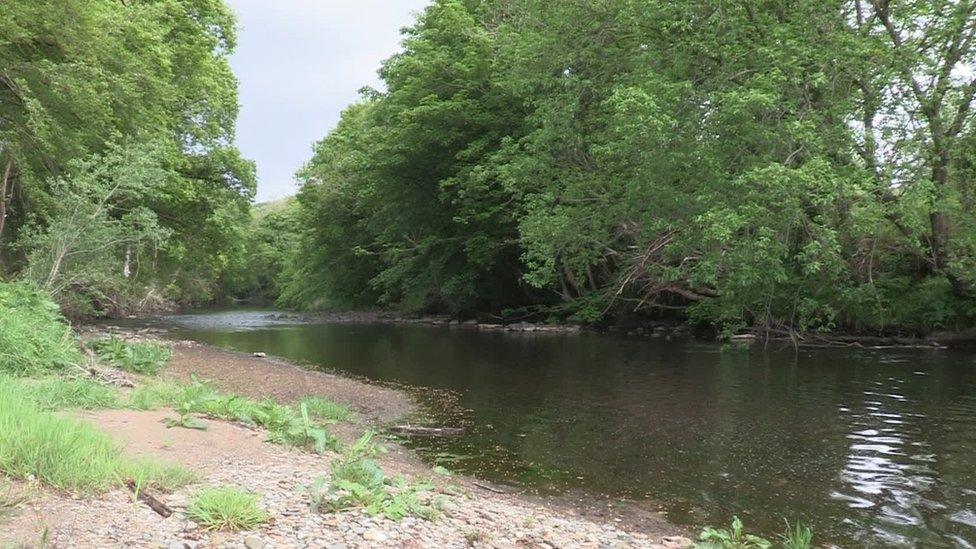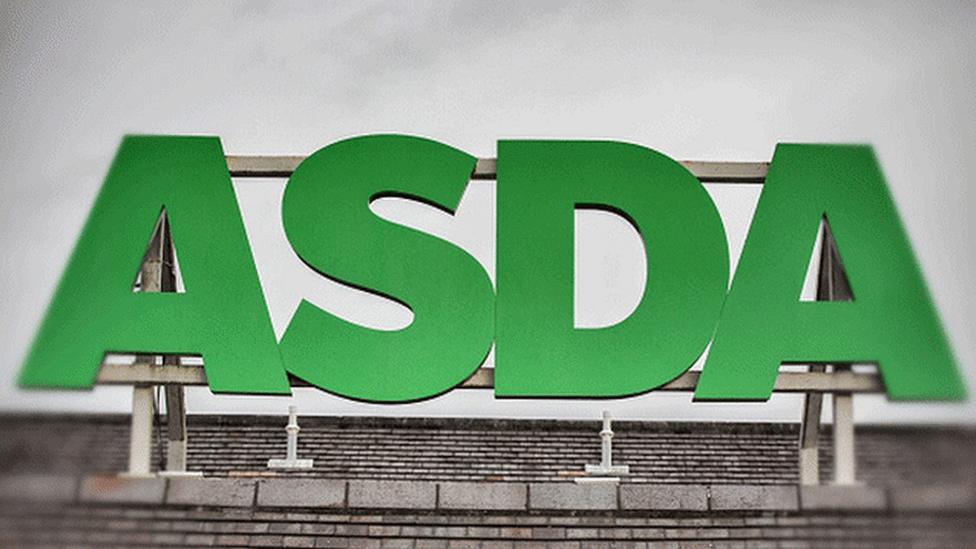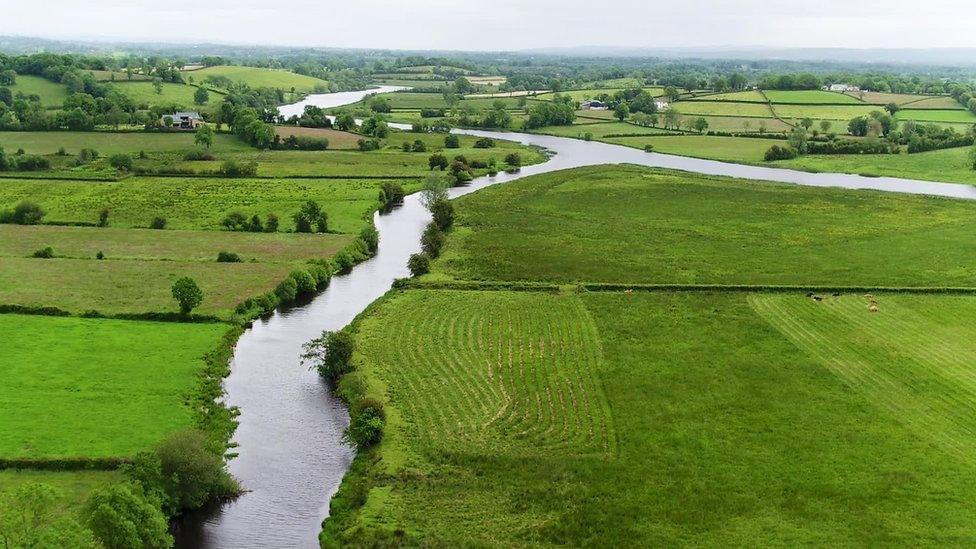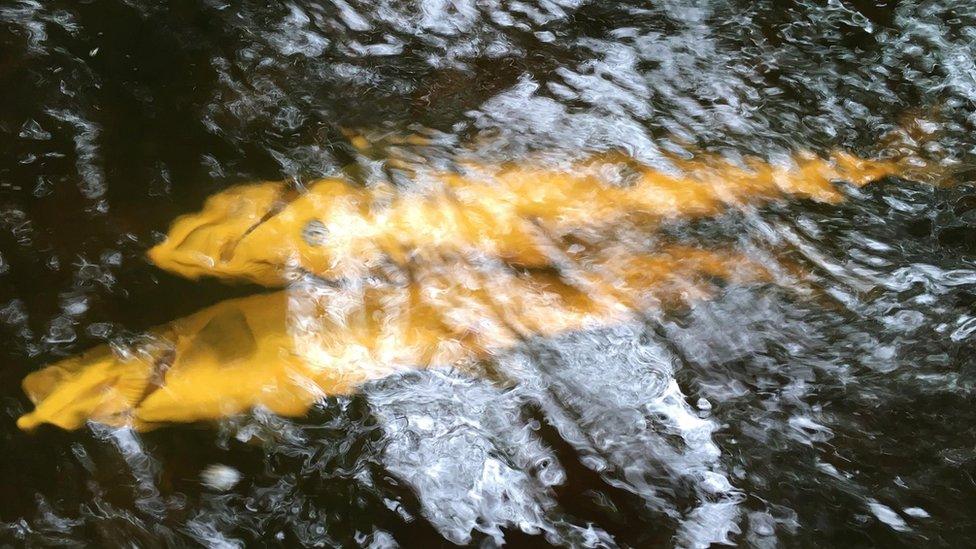NI set to miss environmental target on rivers
- Published

The main pressures on rivers are nutrients from farming and waste water treatment
Northern Ireland will not hit its target for the number of rivers in good condition, it has emerged.
It had been hoped to have 70% of rivers in good or better state by 2021.
But with just 36% achieving the standard in 2018, the department responsible for water quality acknowledges it is "now unlikely" the goal will be met.
Overall, the numbers of rivers at the standard has declined.
Some rivers have improved, but they are outnumbered by ones that have deteriorated.
The main pressures are nutrients from farming and waste water treatment.
The Department of Agriculture Environment and Rural Affairs (DAERA) has a responsibility to produce plans to achieve the targets under EU law.
Its report showed that agriculture is the "primary cause of pollution" in affected rivers with phosphorous and nitrogen from manures and fertilisers the main challenge.
It said there have been significant increases in livestock numbers in the three years to 2018, especially in pig and poultry.
Rules on slurry spreading have been modified in an attempt to address the problems.
Northern Ireland Water has also been responsible for some pollution incidents.
Some of its treatment works are at capacity, with 70 where no further development can be connected to the sewers.
DAERA is running a public consultation on the measures necessary to improve standards, external in the next six-year reporting period.
It closes in March 2020.
Although the UK is leaving the EU, the laws on water quality have been transposed into domestic legislation and the standard will continue to apply.
Four hundred and fifty rivers are assessed against 40 parameters such as soluble reactive phosphorous, invertebrates and fish.
The result with the lowest score sets the overall standard for the river.
- Published3 December 2019

- Published24 June 2019

- Published4 October 2016
